
The Solidarity Movement is a family of community organisations with more than 500 000 members who, together with their families, represent around two million people. It is an Afrikaans, Afrikaner and South African network of self-help organisations. Our foundation is Christian-Democratic, and we strive for mutual recognition of, and respect between race groups. We reject leftist and rightist extremism.
We are not clinging to an obsolete ideology, nor do we pursue strange goals; we are merely striving for a normal society in which everyone can be lastingly free, safe and prosperous.
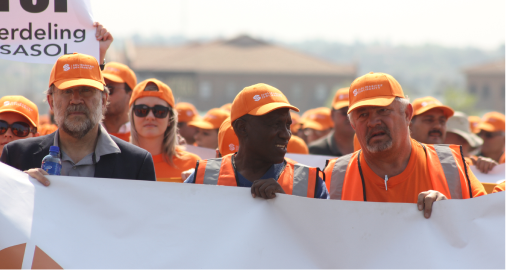
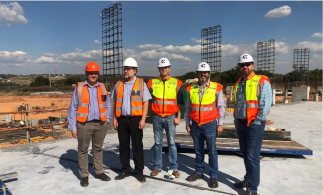
The key foundations on which the Movement organises itself are:
Our main objective as the Solidarity Movement is simply to lead a normal life in a normal country. We do not profess a strange ideology and we do not want to revert to the past. We only want to lead a normal life just like anyone else does in any functioning country. At the same time, we grant all other persons the normality we claim for ourselves.
People have become so accustomed to abnormal that for some it is normal (and that we are abnormal). Let’s have a quick look at our
Beweging se 12 doelwitte vir normaliteit:

We are striving for a normal life in a normal country where the criminals are behind bars and law-abiding citizens can walk around freely and safely.

Secondly, we want a normal employment dispensation without abnormal race quotas that determine who may work and be promoted, and who may not.

Thirdly, we want normal equality. We are not superior to others, but do not want to be slotted in below others by the system.

In the fourth place, we believe in normal freedom. The provisions of the Bill of Rights on human dignity, equality and freedom apply to white and coloured people too, not so?

Fifthly, we want the normal right every other person has to choose the school language of our children and we want to choose in which language they receive their university or college education. It is not normal to burden young people with the past.

In sixth place we want normal value for the tax we pay on our hard-earned income.

Seventh, we demand normal government and municipal services we pay for.

The eight point pertains to having a normal, honest government that does not steal or misappropriate tax money, and a government that is the servant of the country’s citizens instead of being their rulers.

n the ninth place we want to see normal race relations and cooperation between all in the country. The selective racism by which white people are targeted by people in power is poisoning relations and is abnormal.

The tenth criterion for normality is that all should be equal before the law, regardless of race or language.

n eleventh place we simply want the normal right to use our language; to give expression to our culture; and to have a normal history with all its good points and its weaknesses. Like any other community we want places where we feel at home and where we are in the majority.

Finally, we want a normal future where we too are first-class citizens. We want to feel at home, and we want to feel that we are welcome. It is abnormal for people to doubt whether their children will have a future in the country and for most of them to consider emigration because of all the abovementioned abnormalities.

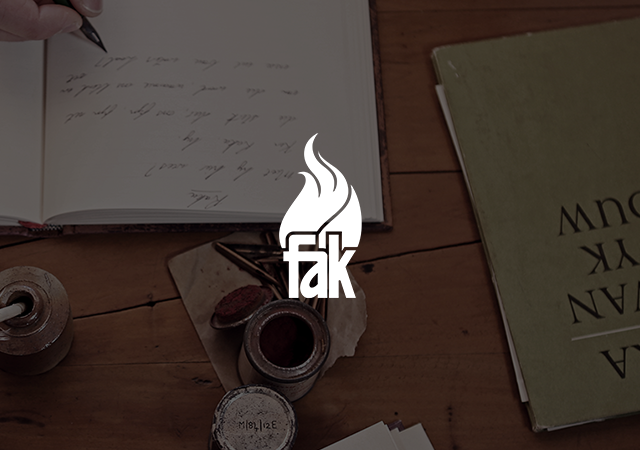
The Federation of Afrikaans Cultural Associations was established back in 1929. Today, this Federation is still the organisation that allows Afrikaans-speaking people to be creative in their language and culture. It is a future-orientated cultural organisation offering a home for the Afrikaans language and culture and is proudly promoting the Afrikaner history in a positive way.
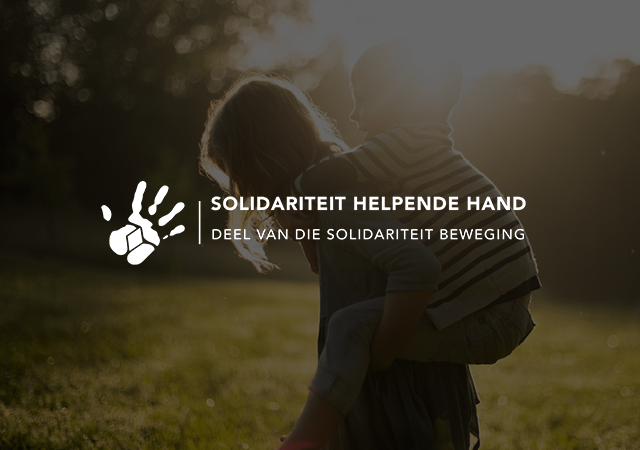
Solidarity Helping Hand focuses on social wellbeing and the organisation’s larger vision is to find solutions to address Afrikaner poverty.
Solidarity Helping Hand’s calling is to solve poverty through community development. Solidarity Helping Hand believes people have a responsibility towards each other and towards the community.
Solidarity Helping Hand is based on the ideas of the Afrikaner Helpmekaar* Movement of 1949, placing a specific focus on “help”, “togetherness” and “mutuality”.
*Helpmekaar, meaning to aid one another
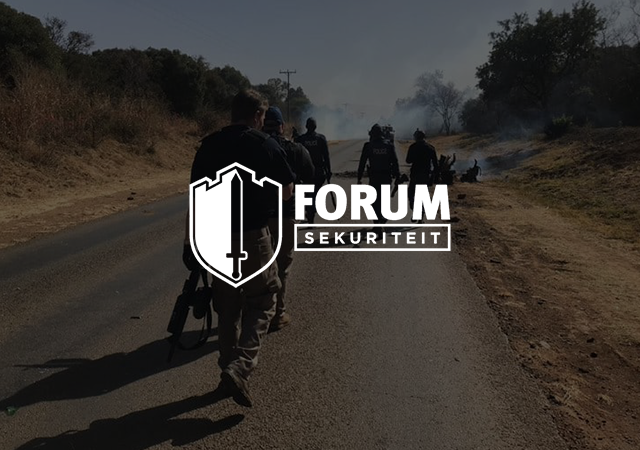
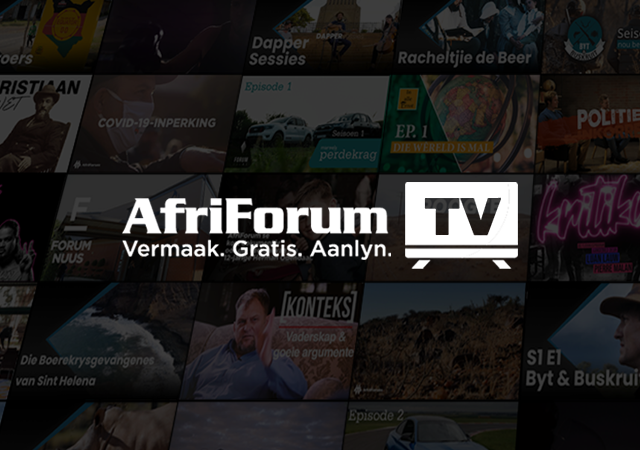
AfriForumTV is a digital platform that is online and free of charge, offering visual content to members and non-members. Subscribers can explore various channels on their television set, computer or cell phone in the comfort of their own home by using the AfriForum TV App. AfriForumTV is yet another communication strategy to make the public aware of AfriForum news and events, but also to offer entertainment in the form of movies and fiction and reality series. This content will be provided by AfriForum TV itself, institutions within the Solidarity Movement and external content providers.
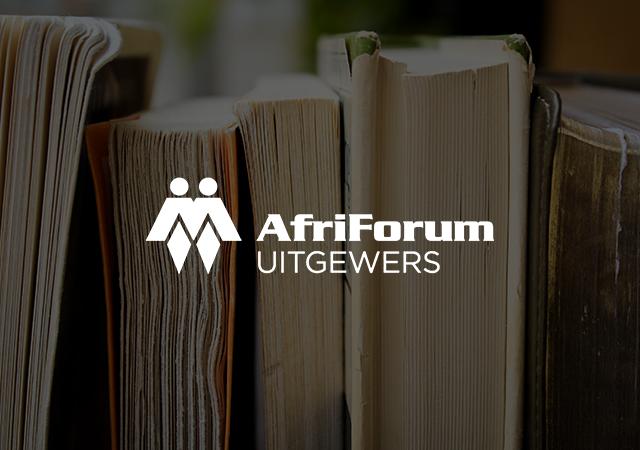
AfriForum Uitgewers (voorheen bekend as Kraal Uitgewers) is die trotse uitgewershuis van die Solidariteit Beweging en die tuiste van Afrikaanse niefiksie, Afrikanergeskiedenis én prima Afrikaanse produkte. Dié uitgewer het tydens die 100 jaar-herdenking van die Anglo-Boereoorlog in 1999 ontstaan en aanvanklik gefokus op die publikasie van versamelaarsboeke oor dié oorlog.
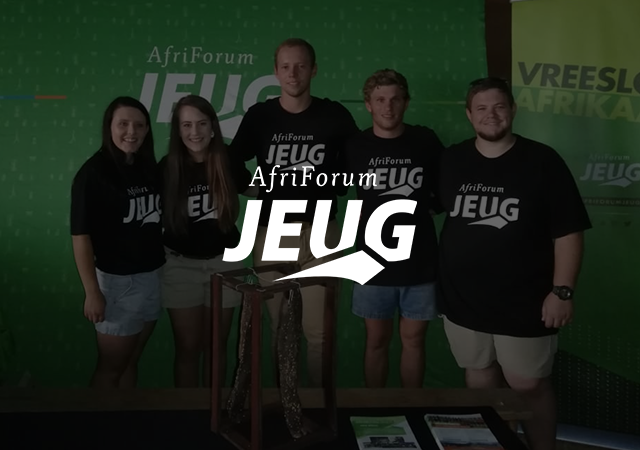
AfriForum Youth is the official youth section of AfriForum, the civil rights initiative that forms part of the Solidarity Movement. AfriForum Youth is based on Christian principles and our goal is to promote independence among young Afrikaners and influence the realities in South Africa by launching campaigns and actively taking a stand for young people’s civil rights. AfriForum Youth’s essence includes the acquisition of cultural freedom and the expansion of the Christian democratic ideological framework.
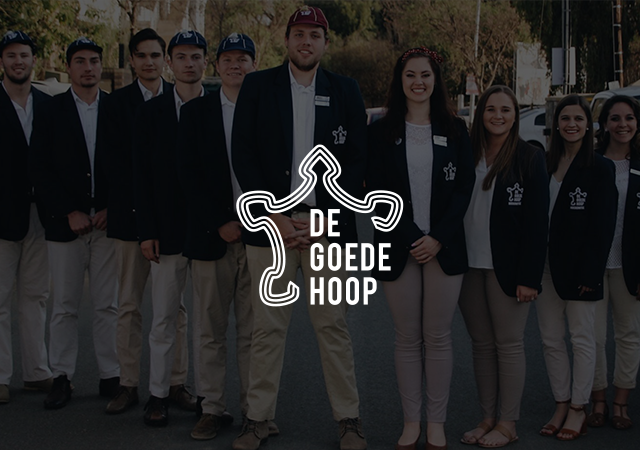
De Goede Hoop is a modern, Afrikaans student residence that maintains high standards. It is situated in Pretoria.
De Goede Hoop offers a home to dynamic students with Christian values and a passion for Afrikaans; a home where you as a young person can share in healthy student traditions and live your student life to the full in self-confidence and to do so in Afrikaans.
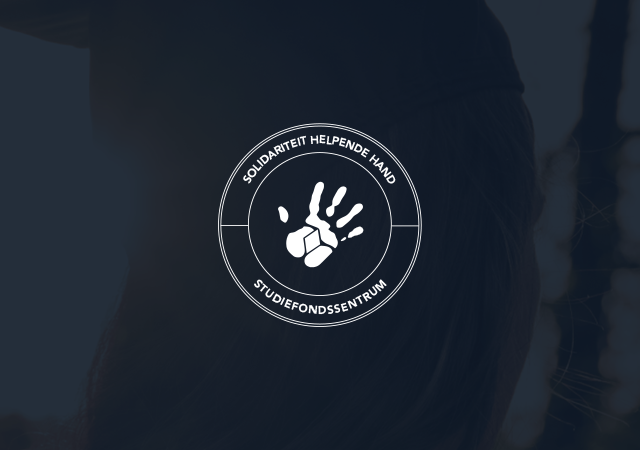
THE HELPING HAND STUDY TRUST (HHST) is an initiative of Solidarity Helping Hand and is a registered public charitable organisation that makes it possible for indigent Afrikaans students to study by granting interest-free study loans to them.
At the moment, the HHST manages more than 200 independent study funds on behalf of various donors and has already made it possible for more than 6 300 indigent students to study by having granted financial aid totalling R238 million.
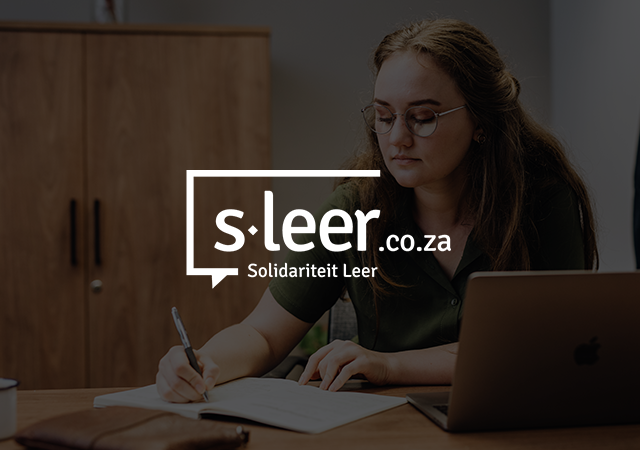
Solidarity’s centre for continued learning is a training institution that offers continuing professional development to professionals. S-leer aims to assist working people to achieve their career goals through seminars, short courses, and by offering discussion opportunities and e-learning opportunities in which relevant themes are discussed and presented.
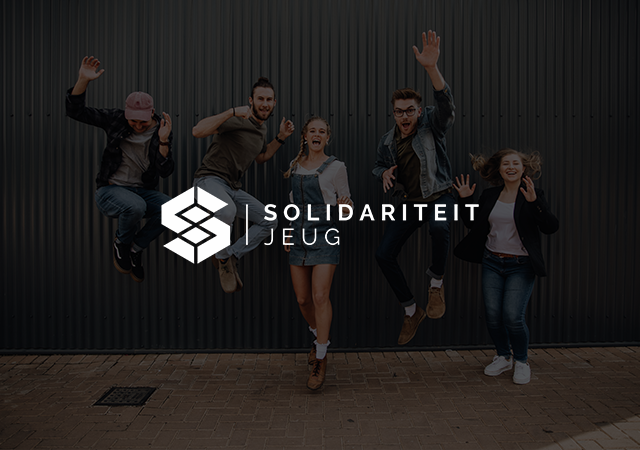

SFS is an authorised financial services company that forms part of the Solidarity Movement. This institution’s vision is to promote the future financial wellbeing, financial security and sustainability of Afrikaans individuals and businesses. SFS does so by offering competitive financial services and products that are available in Afrikaans, while also offering excellent service, all with a view to a greater cause.
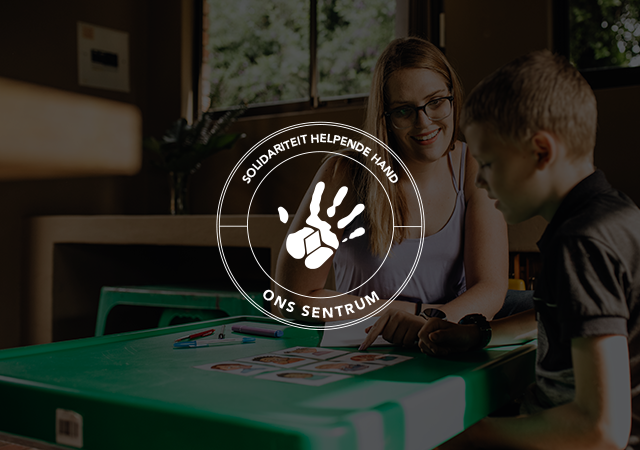
The Community Structures Division currently consists of two medical support projects and three community centres, namely Ons Plek in the Strand, Derdepoort and Volksrust. The three community centres were established to provide safe kindergarten and/or after-school care in the respective communities. The community centres are currently accommodating a total of 158 children in the respective after-school centres, while Ons Plek in the Strand has 9 pre-school children and Ons Plek in Volksrust has 16 pre-school children in the pre-primary school.

The vision of the Support Centre for Schools (SCS) is to (help) ensure the future of Christian, Afrikaans education by helping to maintain quality education where it already exists and by helping to create new capacity where it is needed.
The SCS’s goal is to assist every Afrikaans medium school in the country to continue to offer world-class education in the future that keeps in pace with the latest research and international best practices.
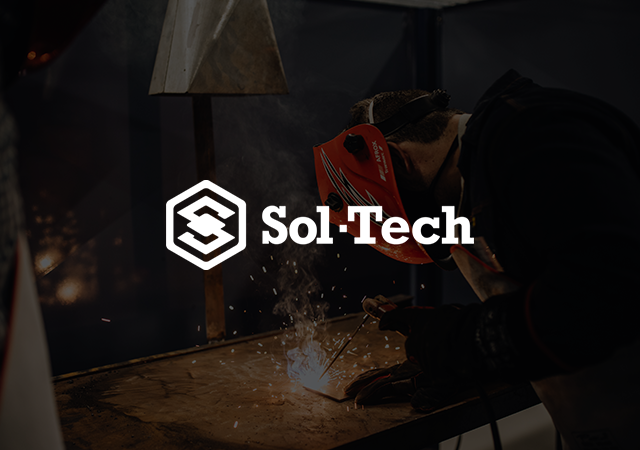
Sol-Tech is an accredited, private vocational training college that is founded on Christian values and uses Afrikaans as medium of instruction.
Sol-Tech focuses on vocational training that leads to the acquisition of nationally recognised, useful qualifications. The qualification students obtain from Sol-Tech serves as a basis for further study and ultimately to obtain a recognised engineering qualification. Sol-Tech therefore has as its aim to realise young people’s future dreams as far as career development is concerned and does so through goal-specific training. Sol-Tech wants to be there today, tomorrow and the day after tomorrow to provide a service to young people.
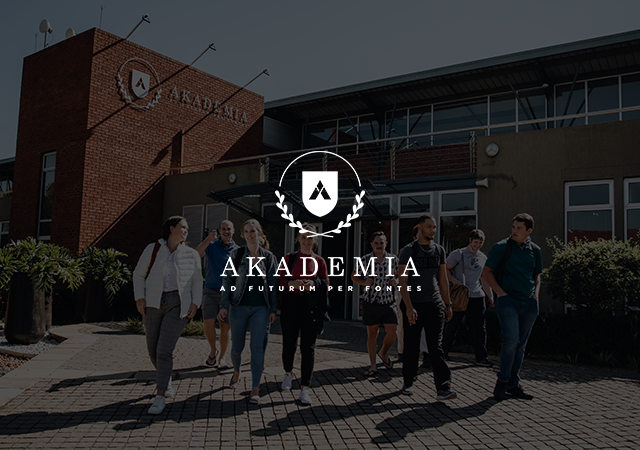
Akademia is a Christian higher education institution that plays a leading, open-minded and critical role in the current day university system.
Akademia strives to provide an academic home where both the mind and the heart are shaped with a view to a meaningful and free future.
Akademia is building on from what we have received from the past to pass it on to the next generation in a better condition.
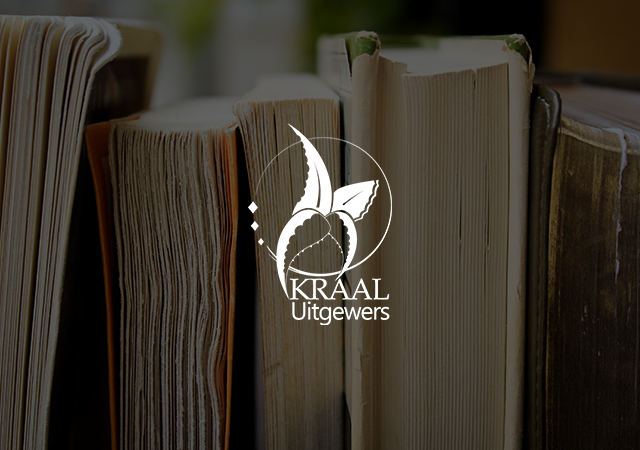
AfriForum Uitgewers (previously known as Kraal Uitgewers) is the proud publishing house of the Solidarity Movement and is the home of Afrikaans non-fiction, products related to the Afrikaner’s history, as well as other prime Afrikaans products. The publisher recently shifted its focus and will only publish internal publications of the Solidarity Movement from now on.
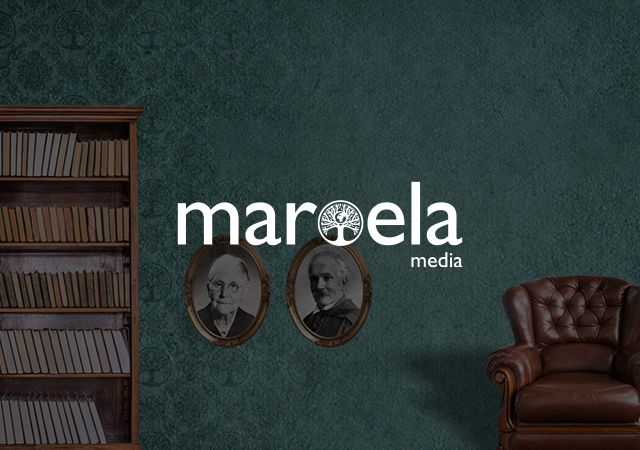
Maroela Media is an Afrikaans internet news hub where you can read everything about what matters in your world – whether you live in South Africa or live elsewhere and want to be part of the Afrikaans Maroela community. Maroela Media’s Christian character is at the heart of its editorial policy.
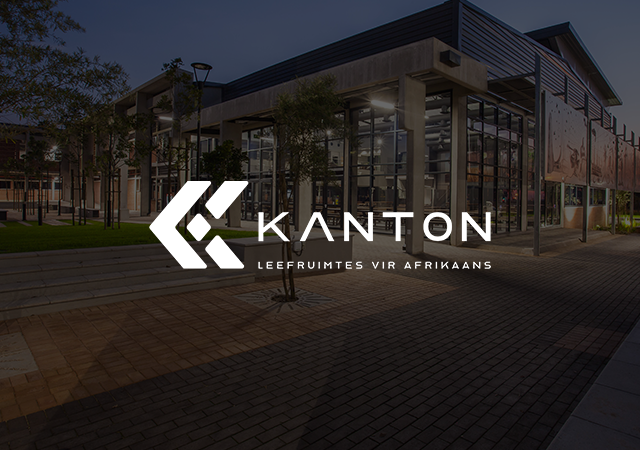
Kanton is a property investment company established by the Solidarity Movement. The Solidarity Movement’s properties form the basis of the portfolio that will be further expanded through development.
Kanton is a partnership between culture and capital and focuses on providing sustainable property solutions at a good return to institutions in the Afrikaans community so that they can achieve their goals.
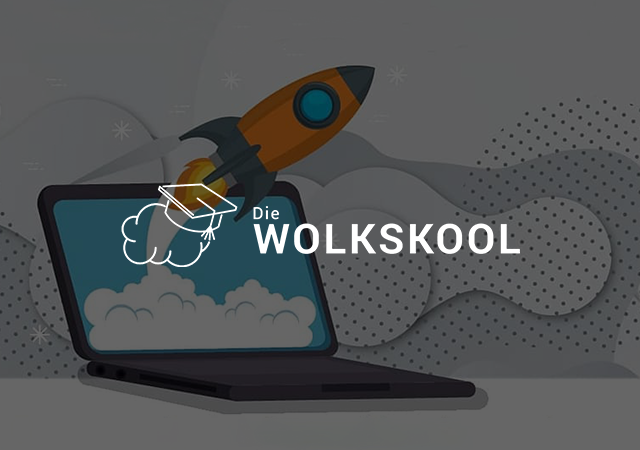
Wolkskool, a cloud-based school, is a product of the Support Centre for Schools (SCS), a non-profit organisation comprising a team of education experts, that strives to help ensure quality education through medium of Afrikaans. Wolkskool offers a platform where learners have 24-hour access to video classes, exam papers, worksheets with memorandums and online assessments.
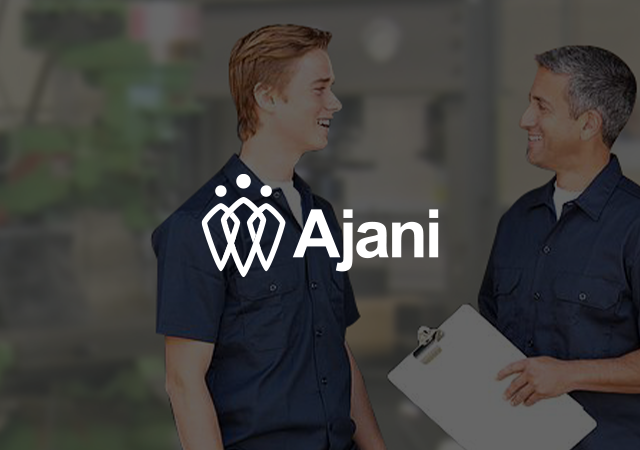
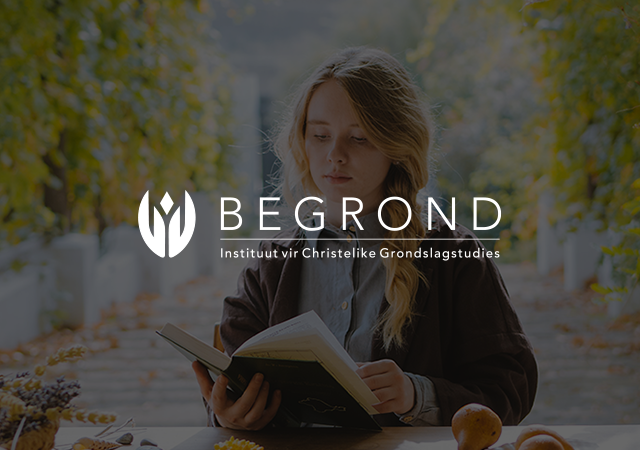
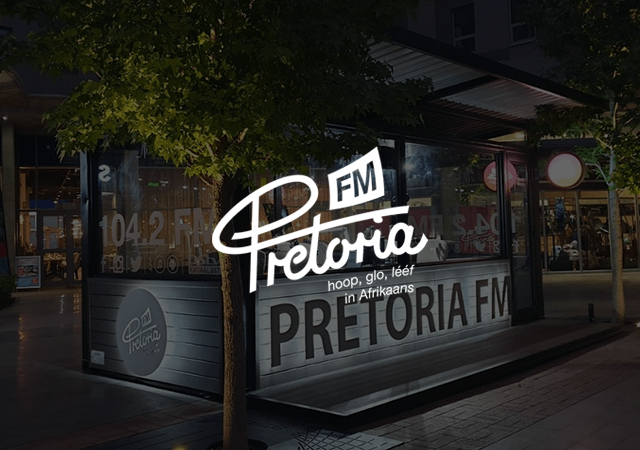
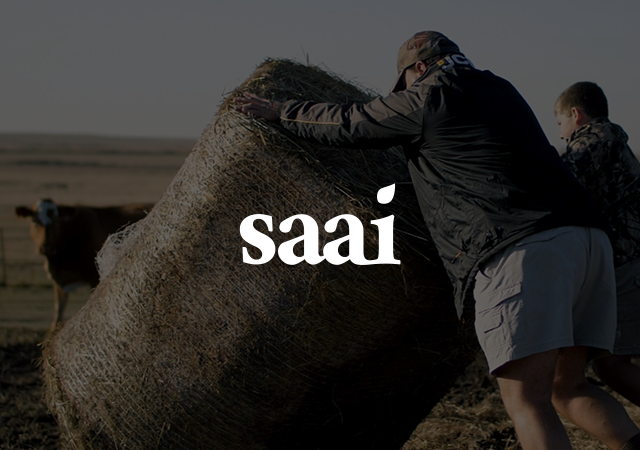
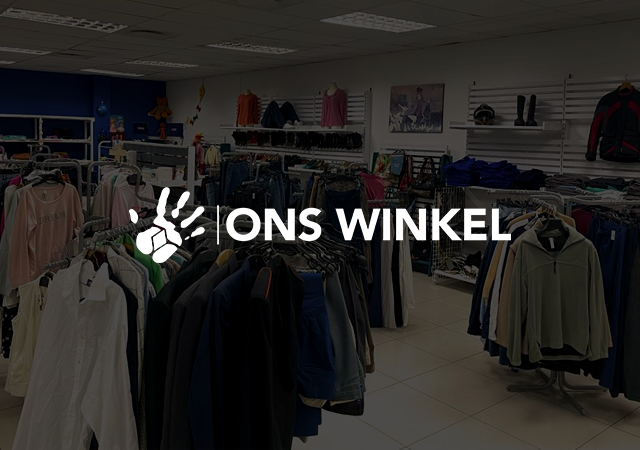
Ons Winkels is Solidarity Helping Hand’s donation shops. There are 120 shops nationwide where members of the public can donate second-hand items such as furniture, kitchenware, linen and clothing. The shops receive the donations and sell high quality items at affordable prices to the public.

AfriForum is a civil rights organisation that mobilises Afrikaners, Afrikaans-speaking people and other minority groups in South Africa and protects their rights.
AfriForum is a non-governmental organisation – registered as a non-profit company – with the aim of protecting the rights of minorities. While the organisation functions according to the internationally-recognised principle of the protection of minorities, AfriForum specifically focuses on the rights of Afrikaners as a community living on the southernmost tip of the continent. Membership is not exclusive, and any person who can associate themselves with the contents of the organisation’s Civil Rights Manifest may join.